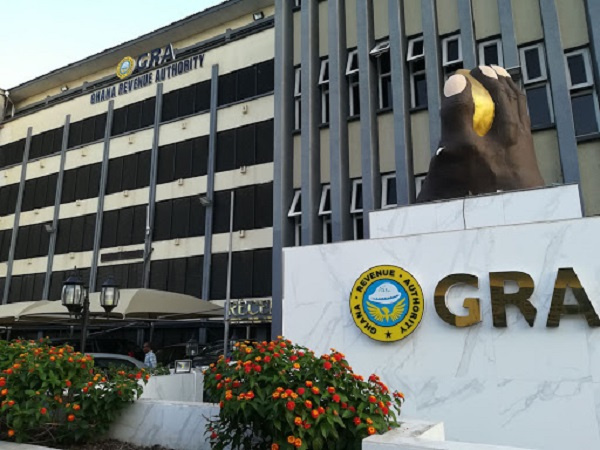
For the Financial Sector levy, the GRA said, an amount of GH¢217million is expected to be generated.
Assistant Commissioner at the Commissioner General’s Office, Mr Dominic Naab, said these in an interview with Dzifa Bampoh on the First Take on 3FM Tuesday, May 4.
Ghana’s Parliament has passed tax laws and amendments. The government these taxes were to enable authorities deal with the ravages of the virus on the economy.
These taxes include the COVID-19 Health Recovery Levy Act, 2021, Act 1068; Penalty and Interest Waiver Act, 2021, Act 1065; Income Tax (Amendment) Act, 2021, Act 1066; Energy Sector Levies (Amendment) Act, 2021, Act 1064; Ghana Infrastructure Investment Fund (Amendment) Act, 2021, Act 1063
“To provide the requisite resources to address these challenges and fund these activities, government is proposing the introduction of a Covid-19 Health Levy of a one percentage point increase in the National Health Insurance Levy and a one percentage point increase in the VAT Flat Rate to support expenditures related to Covid-19,” the budget statement for the 2021 fiscal year said.
These taxes have resulted in the increment in fuel prices, a situation that has raised concerns among the Ghanaian public.
Mr Dominic Naab told Dzifa that “In the case of COVID-19 we are looking at generating about an 887.7million Ghana. In the case of the financial sector recovery levy, we are looking at GHS217 million.
“Then as for the VAT, the GETFund and the NHIL we are looking at 1,039,3.7 million Ghana cedis.
“So these are the projections that we are making. They remain projections until we are able to actually achieve that. “
He further stated that the GRA is working hard to ensure that all persons who are supposed to pay taxes do so.
“We are not relying on the traditional taxpayers. We are trying to also unearth others that actually are not paying.
“…you will have a neigbhour who is always walking around, he is working but he doesn’t file. There are some who even sit in their homes using the cyber specie and ecommerce, they are not paying.” Read Full Story




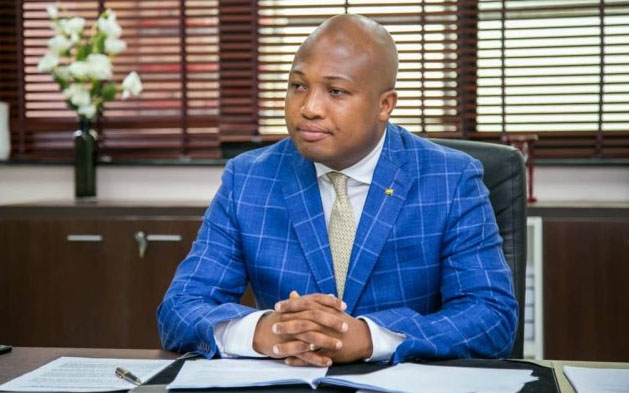
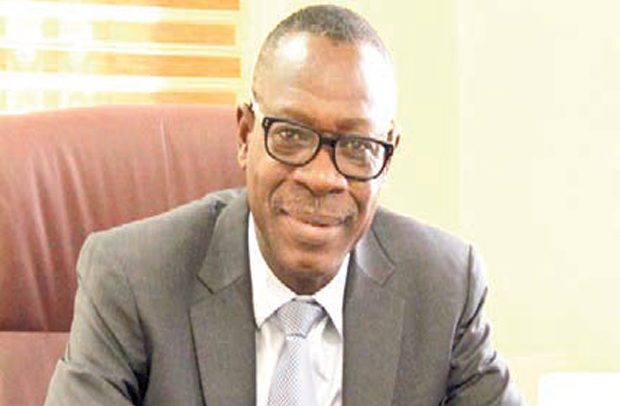
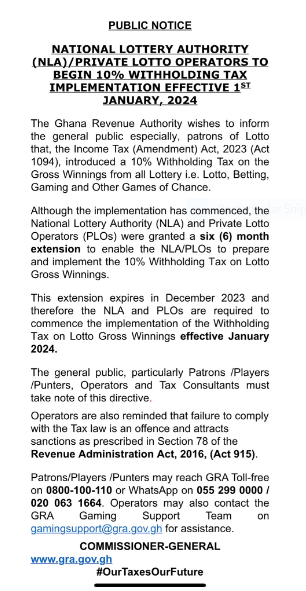















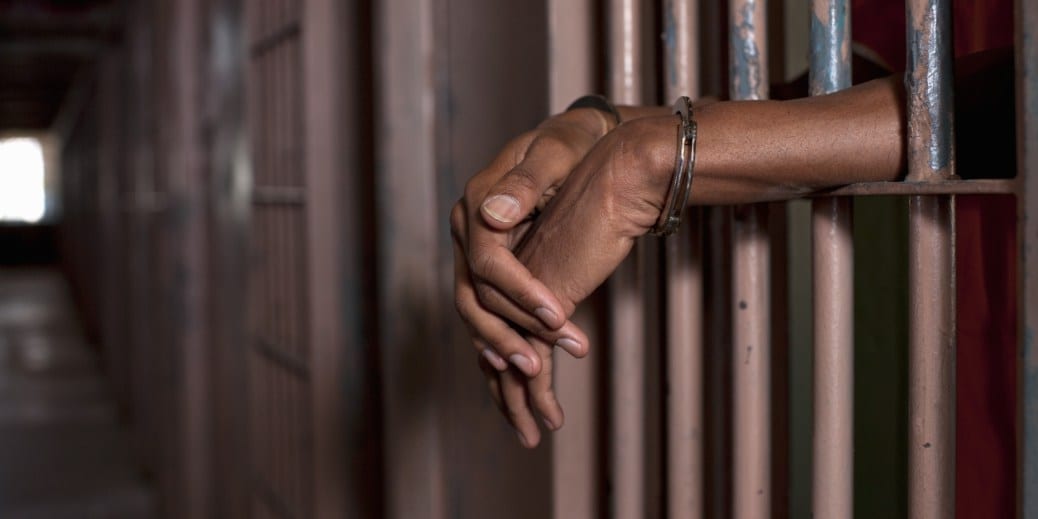

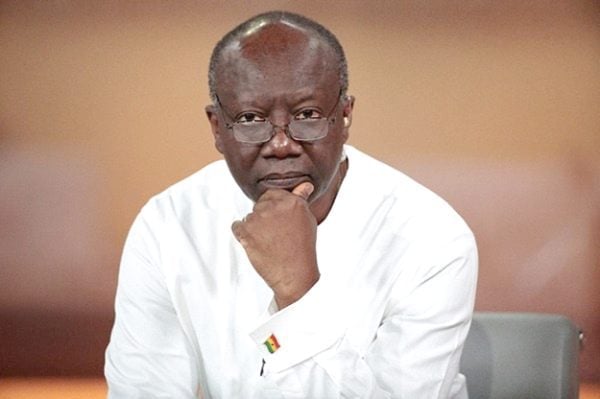


Facebook
Twitter
Pinterest
Instagram
Google+
YouTube
LinkedIn
RSS